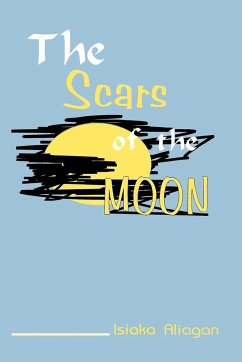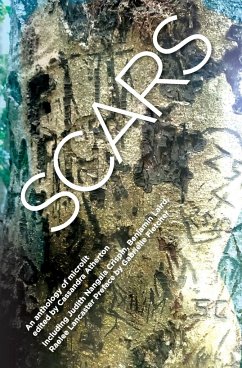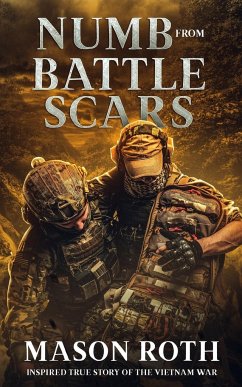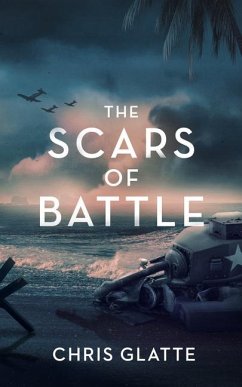
The Scars of the Moon
Versandkostenfrei!
Versandfertig in 1-2 Wochen
23,99 €
inkl. MwSt.

PAYBACK Punkte
12 °P sammeln!
This paper presents a brief introduction to the tenants of the Banjul Charter, procedures and areas of divergence. It examines the rationale behind keeping the proceedings of relevant bodies confidential. It critically analyses the achievements of some African states in implementing human rights and their relationships with the OAU, and provides a view of what future role the AU might play in the protection process. Finally it assesses the chances for effective implementation of the treaty under the African system. The author argues that in accordance with UN policies regional protection of human rights should improve, and supplement the international protection provided by the UN; and that both levels of protection will therefore be strengthened.
Isiak Aligan is a publisher, journalist and poet. This is his first collection of prose fiction in the short story genre. There are ten tightly constructed stories, focussing sharply on physical and mental aspects of Nigeria. The title story, The Scars of the Moon, relates the sombre psychological experiences of a jaded soldier, Captaion Moses, and his junior, Omolola, at a military preparation camp. The older soldier is trying to confront his past, and now present fears, halluncinations and nightmares. He joined the army against the slavery of thr past at the beginning of the civil war, and yet mental torment, hatred and madness have persisted. The reader may wonder about the present and future psychological scarring of a military way of life - in the context of the story and beyond - as the trauma repeats itself in the younger soldier. He can only find solace in a relationship with a girl who has given up on her body and mind and the world. The work received an honourable mention in the Association of Nigerian Authors' Prose Prize.












